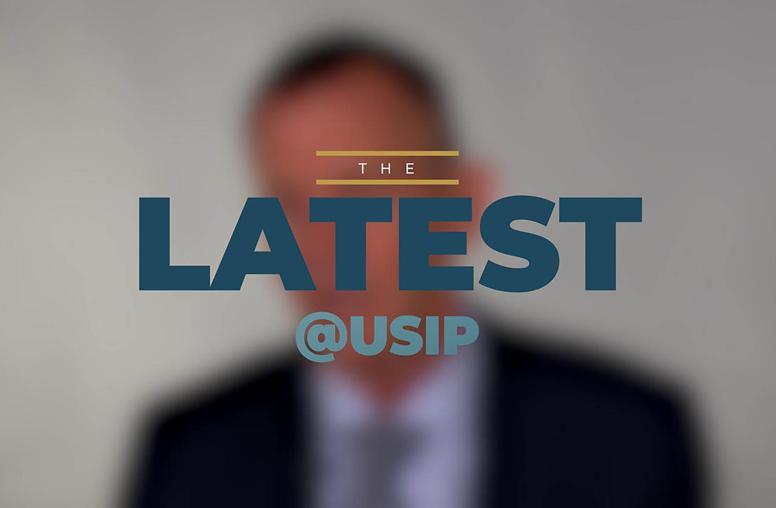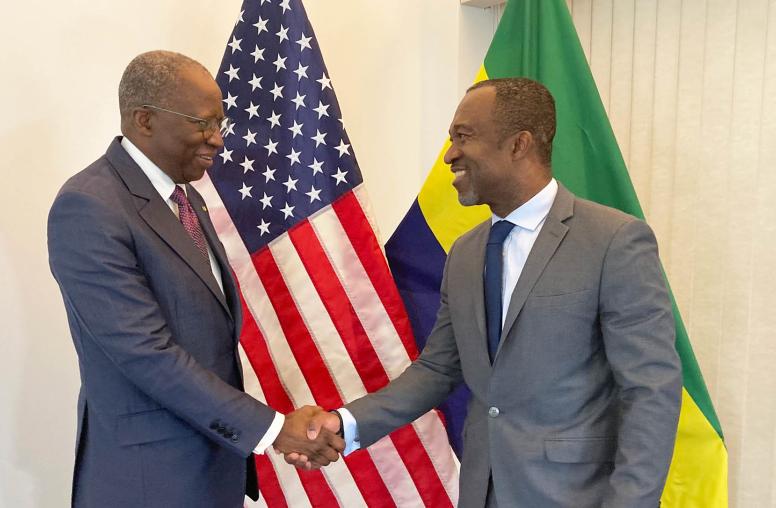What Do Africans Think About the Continent’s Future?
Afrobarometer’s Latest Survey Highlights Popular Perspectives from 18 African Countries
New data from Afrobarometer’s latest round of public attitude surveys provide important guideposts for U.S. policymakers and Africa analysts. Findings from 18 countries offer insights on Africans’ aspirations for sovereignty, self-sufficiency, and democratic and accountable governance—as well their inclination toward open borders and free trade rather than protectionism. They also reveal a continued preference for the United States over China as a development model, their rejection of “debt diplomacy,” and their belief that English, rather than Chinese, remains the international language of the continent’s future.
These findings come amid wide recognition that progress on democratic governance in Africa has stalled, with many African governments falling back to authoritarian practices. The effectiveness of U.S. policy has been questioned as a result, and analysts have argued that U.S. policy toward Africa needs to be updated and revitalized. This is especially true in the context of a global pandemic that has undermined African economies and livelihoods, raised threats to governance and the rule of law, and revealed the potential global implications of access to health services.
On October 13, USIP and Afrobarometer looked at Afrobarometer’s latest survey research and results, and discussed how the data can help guide U.S. government policy in Africa and provide key insights for policymakers on trends and potential threats to peace and security in Africa.
Continue the conversation on Twitter with #VoicesAfrica.
Speakers
Ambassador Johnnie Carson
Senior Advisor, U.S. Institute of Peace
Dr. E. Gyimah-Boadi
Interim CEO, Afrobarometer
Dr. Carolyn Logan
Director of Analysis, Afrobarometer; Associate Professor, Department of Political Science, Michigan State University
Josephine Appiah-Nyamekye Sanny
Regional Communications Coordinator/Anglophone West Africa, Afrobarometer and Ghana Center for Democratic Development
Susan Stigant, moderator
Director, Africa Program, U.S. Institute of Peace



